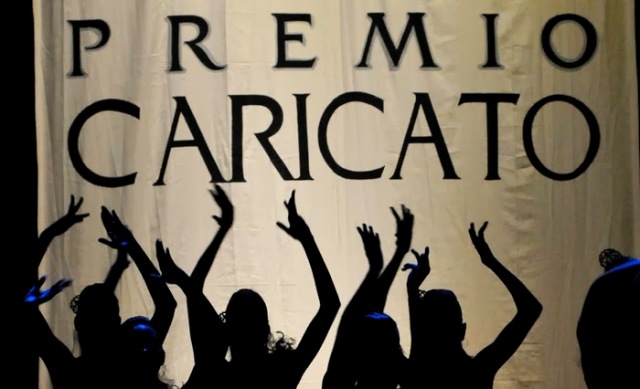It could not be otherwise. The social implications involved in the practice of journalism and its public nature are enough to understand why it is one of the most reprehensible not only in Cuba, but around the world professions. Sure, that actually grew in a country like ours, where the media system is the exclusive service of the working people and the interest of society as recognized by the Constitution of the Republic Article 53.
Were the events of January 1959 which revolutionized the press in Cuba? With the guarachero choir ” A Pepin Rivero mourn ; foreign rogue zumba ” , sung by a crowd during the symbolic burial of Diario de la Marina , the model of bourgeois press that had governed the country for decades are also buried .
Thereafter , it would be the flagship fidelista phrase ” Journalism does not mean company, but journalism, because company means business and journalism means intellectual effort , it means thinking” , which would lend substance to the Cuban press .
The revolutionary turmoil and longing to regain lost time they unlocked the forces were given the task of creating, without paying much attention to the formalities or institutionalization. Thus, it was developing a system of endemic press that osmosis took the best of the tradition of Cuban journalism, based on freedom of expression, ethics and social commitment, and that was able to break even with the canons bourgeois stylistic.
But the constant media campaigns against Cuba, which has been tried openly, desecrate the Revolution, created a kind of psychology besieged, in which the company not giving ammunition to the enemy grew. Thus, the Cuban press was filled with triumphalism, apologetic and reluctant to criticism, even though it contradicted the teachings of the highest party leadership behaviors.
Fortunately , we live again times when you are required to journalism rescue its offensiveness, shed the triumphalism , apologetic discourse , and reflect the real interests and concerns citizens. But the difference this time is remarkable and decisive: not only the press is bound to change, society is also changing.
That is precisely what is needed, either because our media system is not autonomous, or that the setbacks of the press are a reflection of the problems and shortcomings of society.
The secrecy that led, for example, is without doubt one of the most pressing ills journalism , whose raw material is information. However, our press suffers daily. Under the slogan of “it is better not to bring it to light to avoid criticism and defamation of the enemy” ; many sources deny the right to public information , rather to not jeopardize its management attribute .
One wonders how it is that these practices are everyday when there is a partisan resolution 2007, to increase the informational efficiency of mass media in the country, only limited advertising information constituting a state secret that could put compromise the integrity of the Revolution.
All these negative trends have been generated internally itself to the newspaper industry, a sharp sense of frustration , skepticism and inertia, which results in a fearful self-censorship , one of the greatest evils of journalism today.
On each of these views have been discussed in their congresses Cuban journalists, yet evil has failed to uproot.
Giving back to the press its role cannot be just a slogan, not just one day, for the sake of the revolution, and that the Cubans have enormous historical responsibility to establish a guide for those who opt for socialism.
Translated by Daysi Olano




